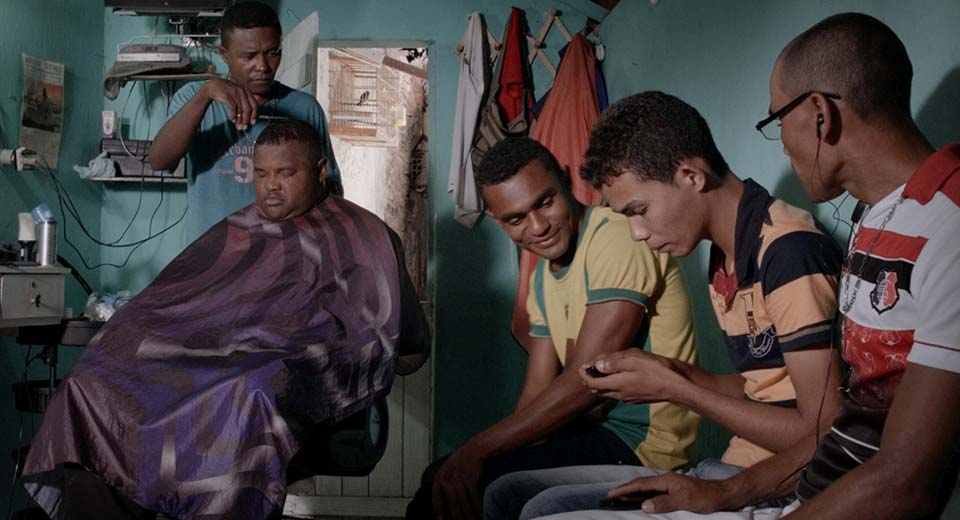
March 25th 2018
Now in its 47th year, the New Directors/New Films festival is an annual partnership between the Museum of Modern Art and Film Society of Lincoln Center dedicated to presenting bold works by early-career filmmakers. For our second ND/NF roundup, we're offering takes on festival highlights from among its lineup of 29 features.
Capsules by Danielle Burgos (3/4, Djon Africa, Makala, Matangi/Maya/M.I.A., The Great Buddha +), Patrick Dahl (Drift, An Elephant Sitting Still), Jon Dieringer (Good Manners, Our House, Those Who Are Fine), and Jeva Lange (Ava, Azougue Nazaré, Closeness, Scary Mother, Winter Brothers).


